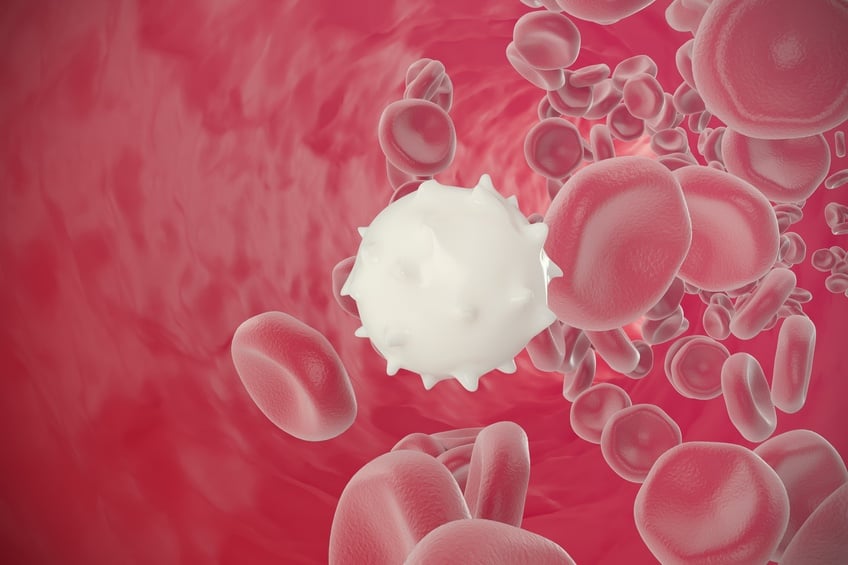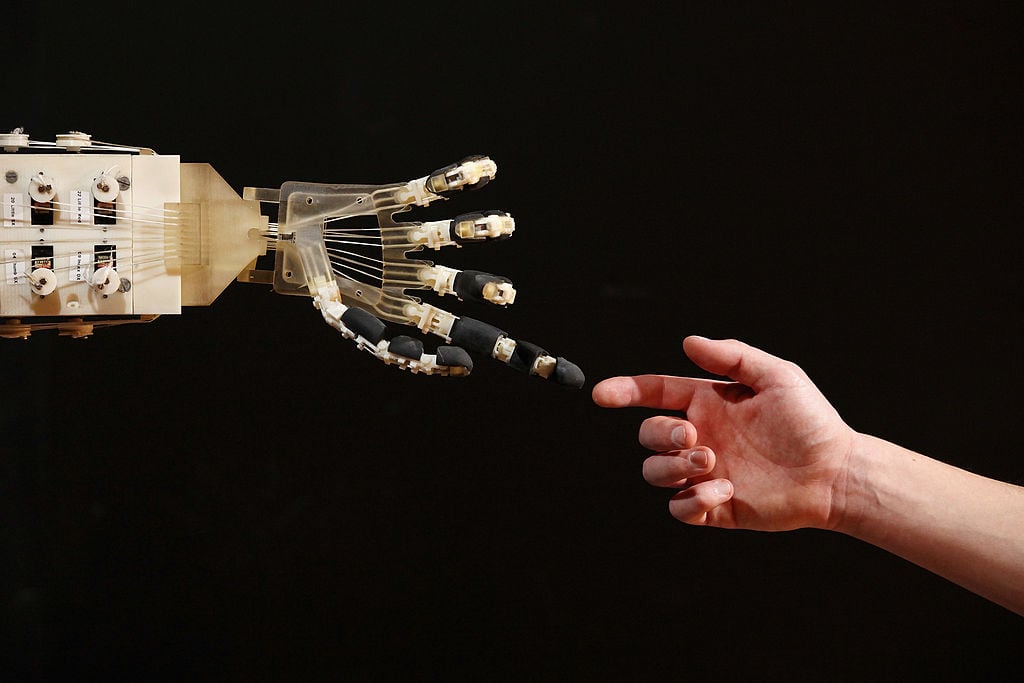
The fear of death has been a common thread across all species since the dawn of life on this planet. Ever since our brains became aware of the concept, the idea of living forever has been a wishful endeavor. Now it seems that it may not just be a dream. Science has made some serious headway in helping humans live forever and if we can make it to 2050, we very well could live forever. Take a look at some of the amazing progress they have made as well as the concerning issues eternal life could pose.
Extreme dieting could help in longevity
This diet works for mice, but it’s hard for humans to stick with.
This isn’t the diet of wholesome grains, eating enough veggies, or cutting out certain proteins. This is a diet of extreme calorie restriction. Essentially you cut your calorie intake by 30% at a minimum while also attempting to maintain healthy nutritional intake. Research has shown that this diet has been extremely successful in mice; however, humans have difficulty maintaining the diet.
Replacing your own body parts

There’s a good chance that synthetic body parts will become more common.
Rejuvenation is a word that is tossed around very loosely in cosmetic companies, but the idea of that is more of a reality than you would think. Scientists are already making a lot of headway in growing new body parts to replace old ailing ones.
We are already replacing a lot of our body parts with inorganic mechanical systems that offer much longer lives. Maybe those mechanical systems will become so efficient that we won’t need to grow them. Imagine going to the doctor like you were going to the mechanic.
Stop the breakdown of cells

Preventing cells from breaking down could extend our lives.
Alternatively, there is a lot of research into how our cells break down over time. As we grow older, the cells inside our body begin to function improperly. Preventing that from happening is the key to keeping the body youthful. This can be done is through gene manipulation.
According to Dr. Valter Longo, genes play a big role in longevity. By removing two genetic pathways in baker’s yeast, Longo and his colleagues were able to achieve extreme longevity. The yeast cells lasted five times as long as they used to. In human years, that would be the equivalent of 400 years.
This explosive diet helped extend the age of the yeast

Could yeast provide the answer to longevity?
The same research discovered that a diet of glycerol helped extend the life of the yeast. Glycerol is a by-product of soap production and is primarily used to create explosives or antifreeze. It is also used as a laxative. When Dr. Longo gave his baker’s yeast a diet of glycerol, his yeast lived twice as long.
What they found is that caloric substitution is as effective as caloric restriction. “It’s as good as calorie restriction, yet cells can take it up and utilize it to generate energy or for the synthesis of cellular components,” says Longo.
Don’t go out and start trying to survive on glycerol just yet. This research just illuminates a path to longevity but doesn’t yet provide the roadmap.
Zombie cells are coming to get you

Doctors are trying to target senescent cells to prolong life.
Doctors have known about senescent cells for about five decades. But only recently did they make the connection to aging. These cells essentially stop dividing but continue to live on. Scientists have discovered that these cells inhibit the production of new cells or corrupt existing cells in your body.
Through a series of experiments, doctors were able to irradicate these cells in certain areas of mice. This processwas able to “restore fitness, fur density and kidney function” in the mice. Using these drugs offers the potential to end the aging process.
Living as an android isn’t that far-fetched anymore

Robot hand extends index finger towards a human index finger.
Scientists are coming closer to understanding what makes human consciousness. Some believe that by 2045, we could reach an event called the singularity in which man and artificial intelligence merge as one. Organic life forms are fragile when compared to a machine. Transferring our consciousness over to a machine would make it more likely for us to live even longer.
Death dictates morality

Would longer lives affect morality?
Our mortality is somewhat of a moral compass for us as humans. Having that fear of death is something that justifies a moral code according to scientists. The theory suggests that “a culture’s very concept of reality, its model of ‘the good life,’ and its moral codes are all intended to protect people from the terror of death.” If you eliminate the possibility of death, then what does that moral compass look like?
On the other hand, these methods of extending life aren’t eliminating death from the table. They are simply preventing old age or accidents from killing you. You could very well die in a car accident or of old age, so there would still be the fear of death — just not as big of a fear.
Environmental systems depend on death

More older people mean a strain on the planet.
Already the planet is approaching nearly 8 billion humans. By the time 2050 rolls around, we will be massively overpopulated. Adding longevity to the mix only exacerbates that situation. Decreased death rates will only make our population increase spiral out of control. This opens up a “Pandora’s box” of moral issues that we simply won’t go into today.
Will we see a day when death is uncertain? What kind of future that holds is a better question.
Source: The Cheat Sheet
No comments:
Post a Comment